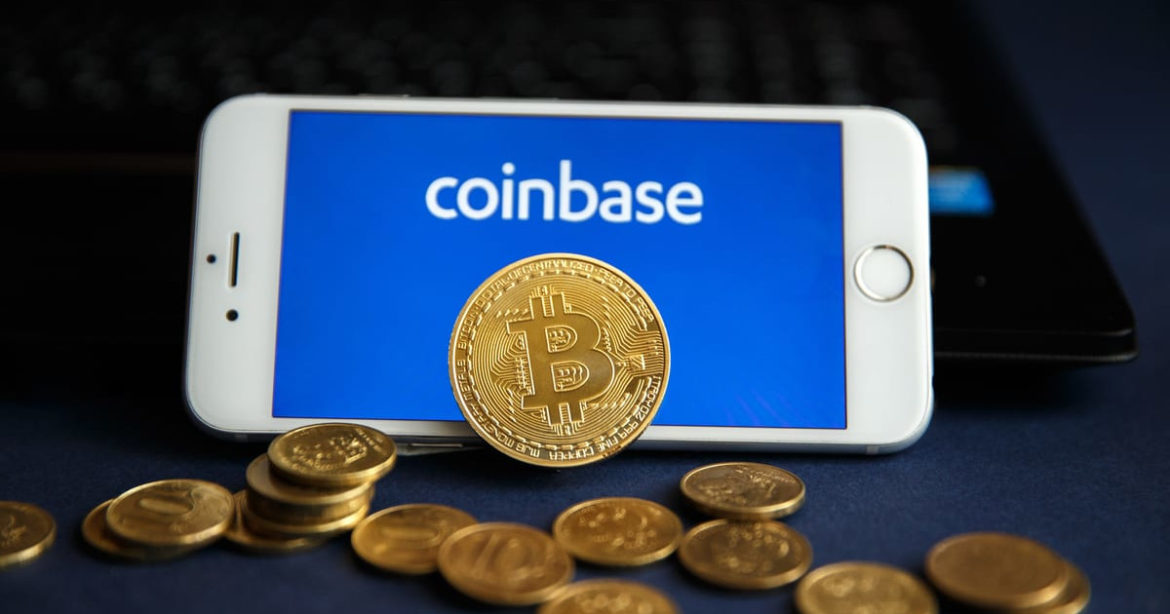Coinbase followed Ripple and a16z in each giving a new $25 million to their political action committee, Fairshake, as the general election approaches that may shift crypto’s destiny.
The crypto industry has – with the addition of another $25 million from Coinbase Inc. on Monday – amassed one of the largest stockpiles of campaign cash in U.S. politics.
U.S. digital assets exchange Coinbase (COIN) announced that it was following in the footsteps of its two major campaign-finance partners, Ripple and Andreessen Horowitz (a16z), in throwing another $25 million each into the pot that has taken in about $161 million to spend on the 2024 U.S. elections. The other two companies announced their new commitments last week.
The money is specifically bolstering the coffers of the industry’s Fairshake political action committee (PAC) and its affiliate PACs, which have been combing through state primaries to find congressional candidates who’ve left their political platforms open to pro-crypto positions. The committees have flooded some little-known politicians with millions in off-book support. So-called super PACs like these typically buy ads for or against candidates, but they aren’t allowed to have any official connections with the candidates’ campaigns.
“When it comes to our mission of increasing economic freedom by growing the adoption of cryptocurrencies, we are deeply engaged in policy efforts,” Coinbase said in a company statement. “The House and Senate help determine what crypto legislation gets passed, amongst other things, so growing the number of pro-crypto members is critical.”
U.S. regulations represent the massive remaining hurdle for the industry to win more significant global acceptance, which could translate to many more mainstream investors and users embracing the technology. U.S. lawmakers are showing recent signs of shifting toward wider acceptance of crypto, and the next congressional session could see all that come to a head in legislation that establishes tailored rules of the road for digital assets.
Super PACs allow corporations to plough unlimited cash into steering elections, and the crypto industry’s stockpile of campaign cash now rivals the scale of the massive war chests assembled by the political parties themselves to dole out to House and Senate races. The digital assets businesses are also rivaling the most historically political and deep-pocketed industries.
But the actual management and strategies of Fairshake — including its ongoing level of involvement with the donors backing it — remain opaque, because its main supporters decline to answer management questions and the PAC’s organizers won’t comment on such details.
House Majority Whip Tom Emmer (R-Minn.), who has run the House GOP’s campaign operations in the past, pushed back on narratives that the PACs suggest crypto is trying to buy Congress.
“This is no different than the healthcare industry; this is no different than the airline industry,” he told a crowd at CoinDesk’s Consensus 2024 last week in Texas. “This is all about: I want to get to know you. I’m going to invest in you, because I want to see you being the representative, because your views are in alignment with mine.”
All three companies – Coinbase, Ripple and a16z – may crowd into the top five individual company donors ranked by OpenSecrets.org, if other companies among the biggest political donors don’t make similar short-term additions to surpass their spending.
By comparison to the $161 million for crypto causes, the Congressional Leadership Fund – the conservative PAC associated with House Speaker Mike Johnson – had tallied $84 million, and the Senate Leadership Fund – the equivalent for Republican efforts in the Senate – had taken in $64 million, as of the most recent disclosures two months ago. The House Majority PAC, which seeks to put Democrats in the House, announced it intends to spend $186 million on advertising this year, though it’s only showing $86 million in contributions so far, according to Federal Election Commission records.
Though Fairshake has already spend tens of millions on targeted races, its fundraising level would have theoretically allowed it to spend well over $300,000 on every contested House and Senate seat – a total of 468 – in the November 5 general election.
